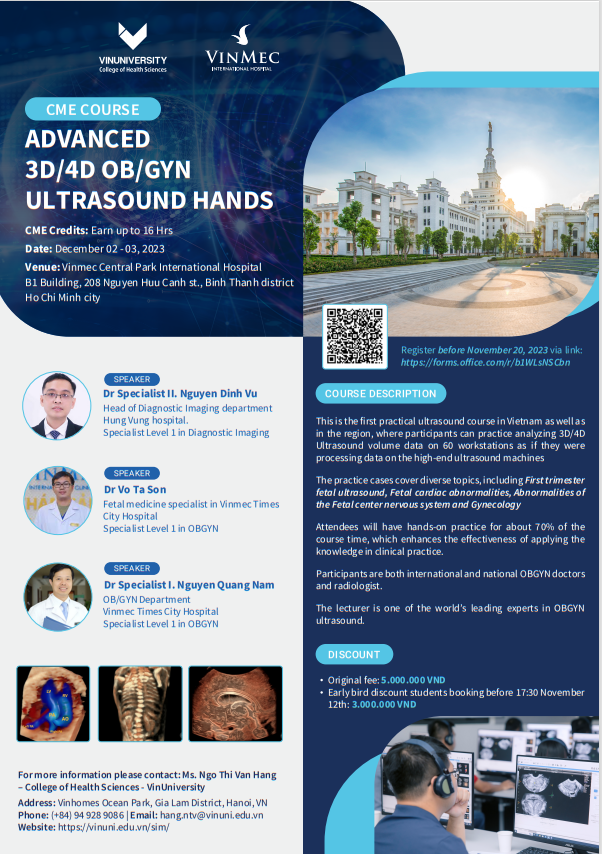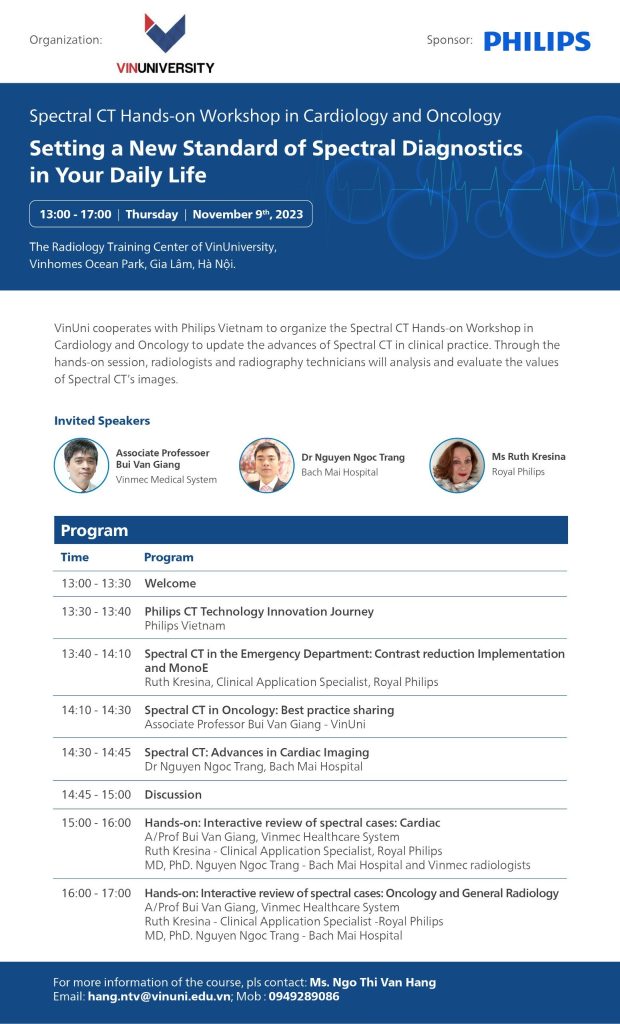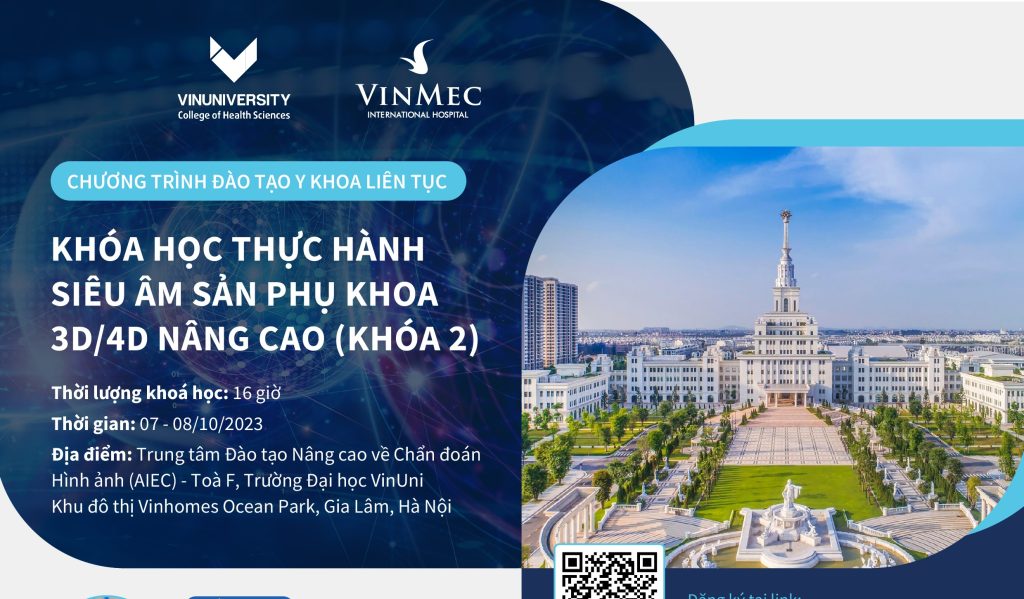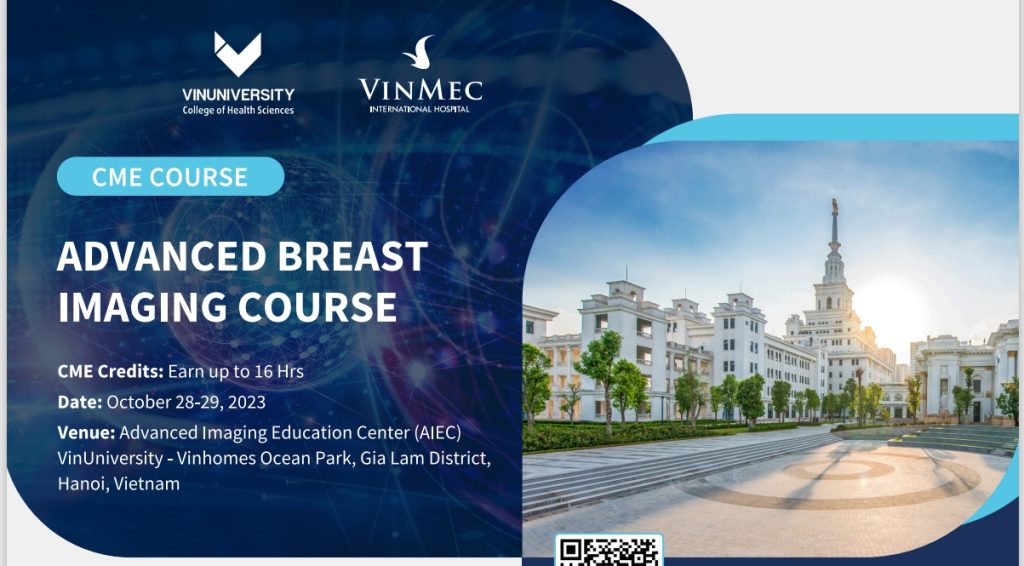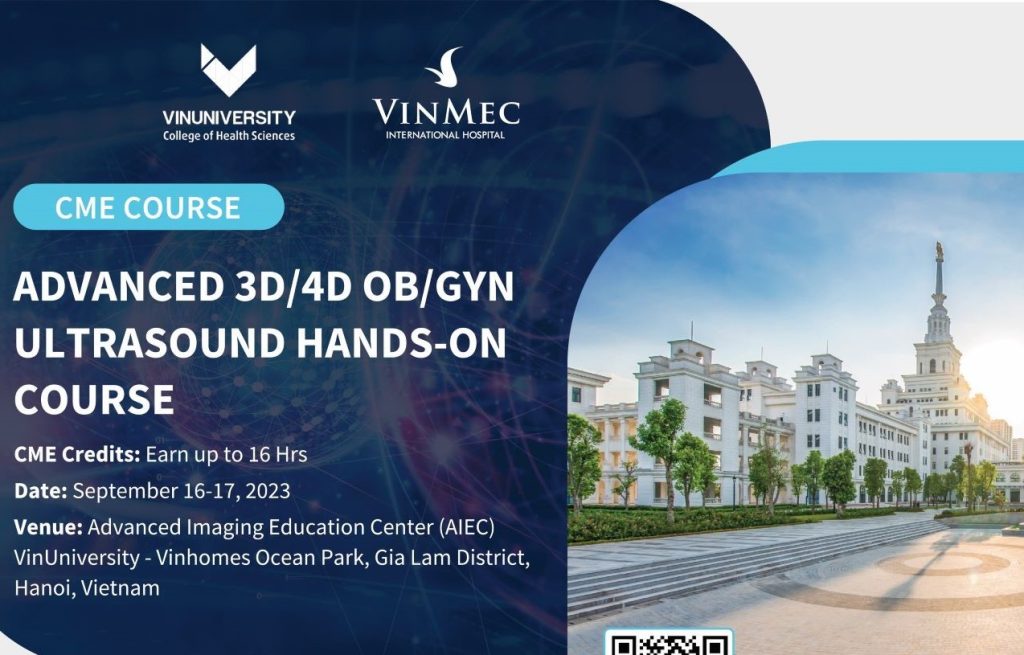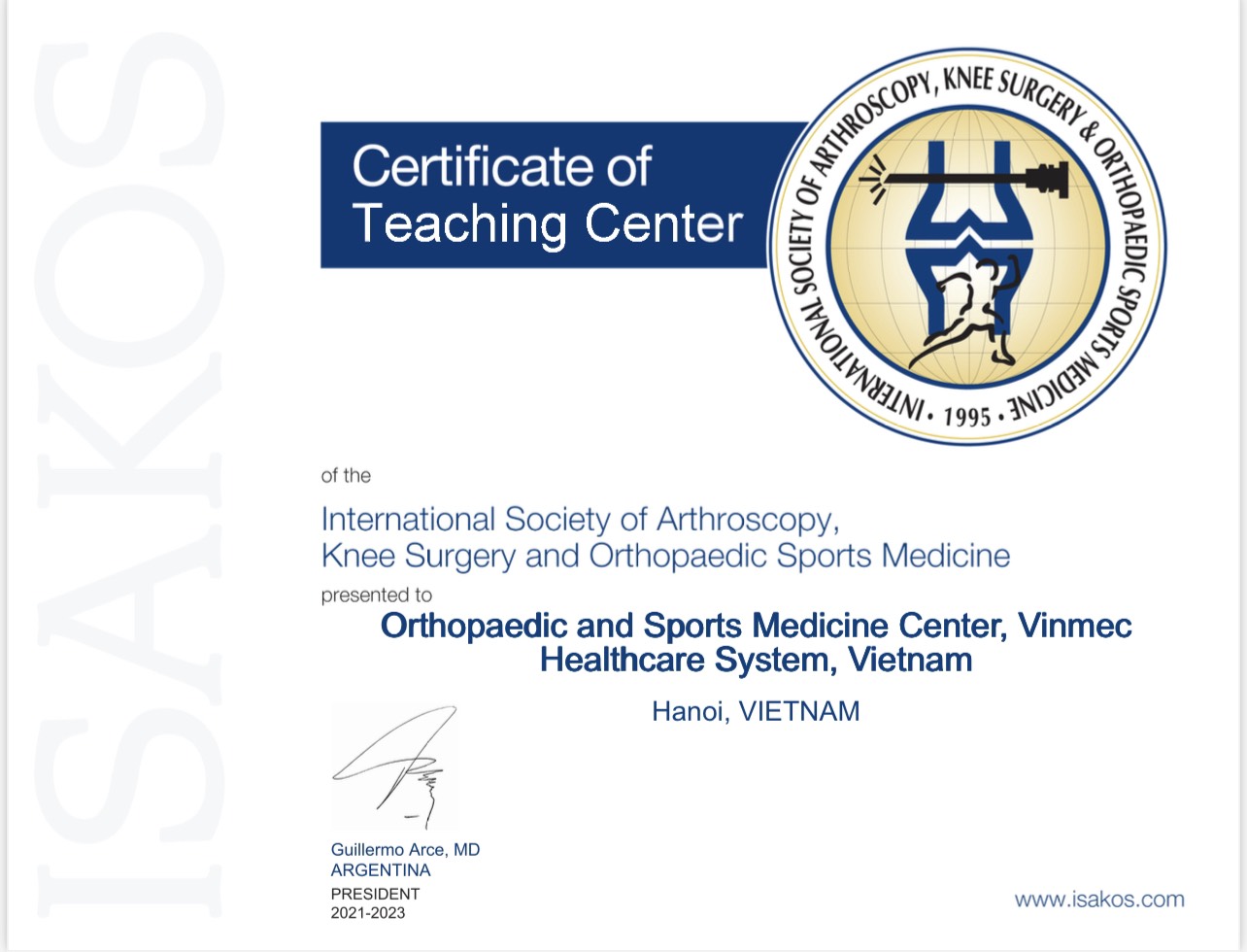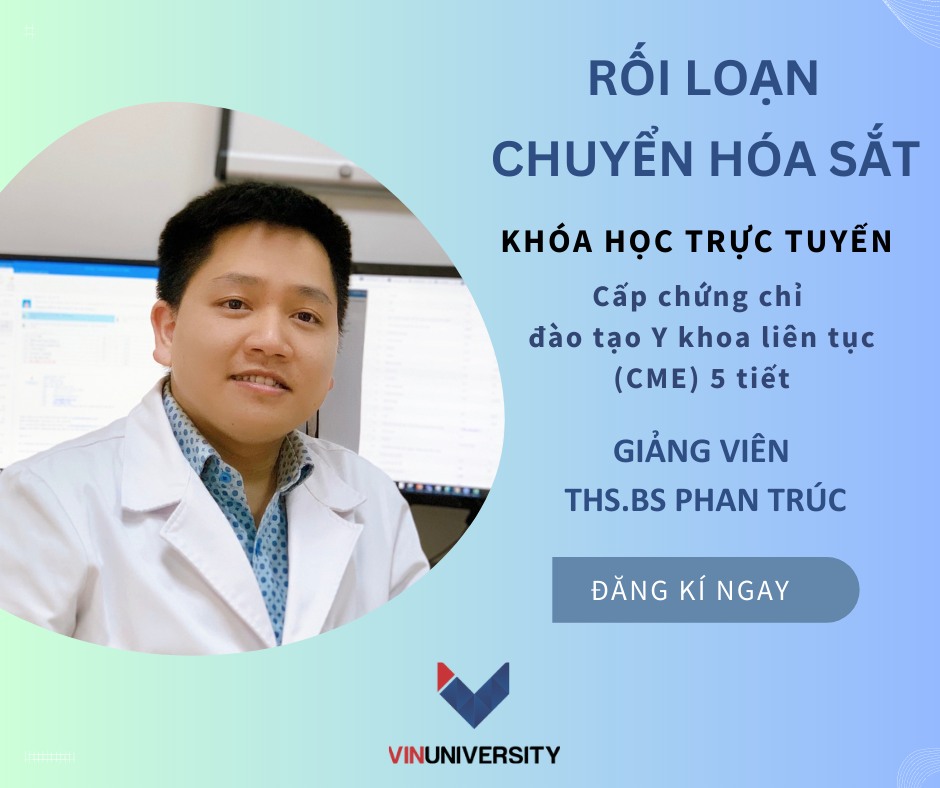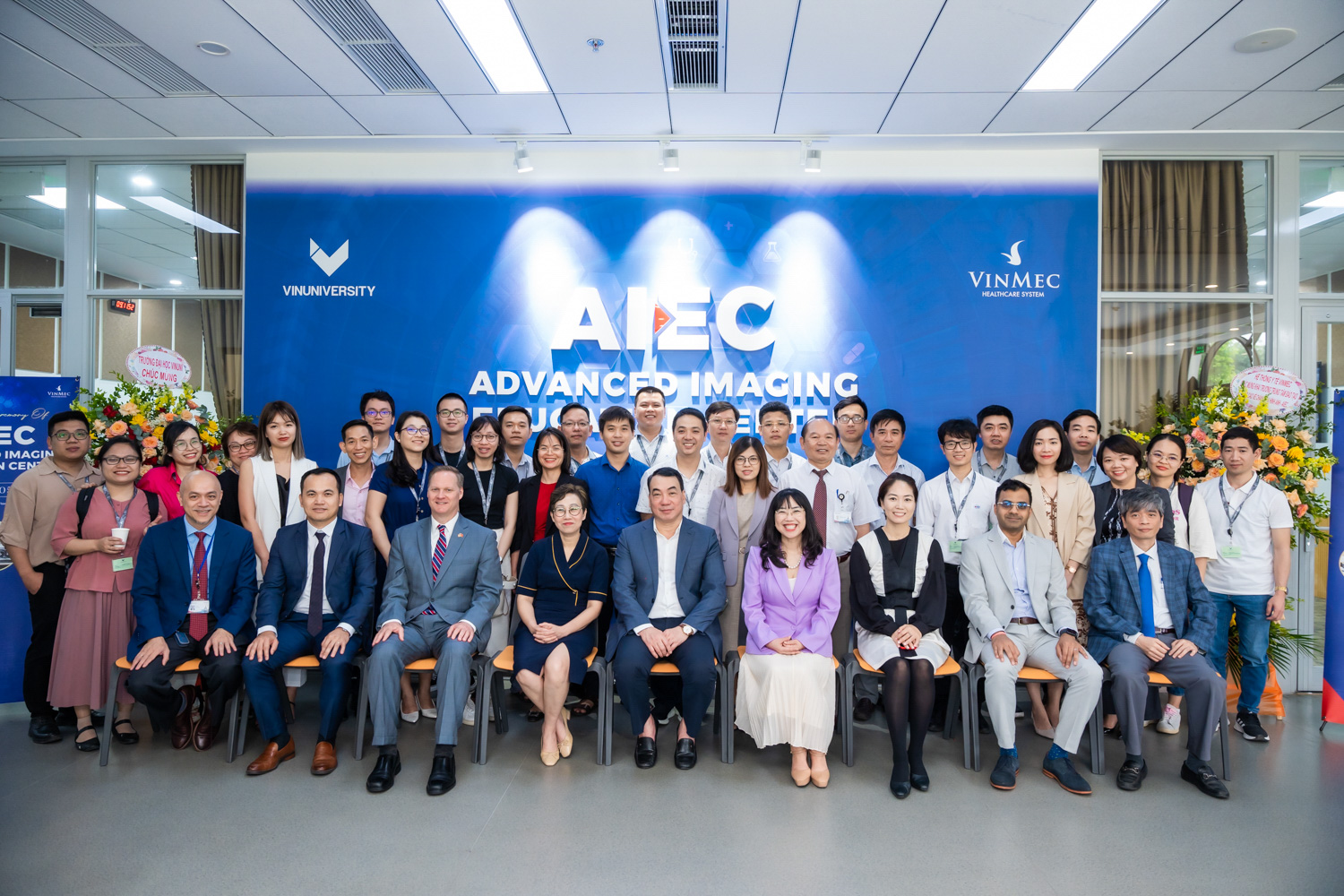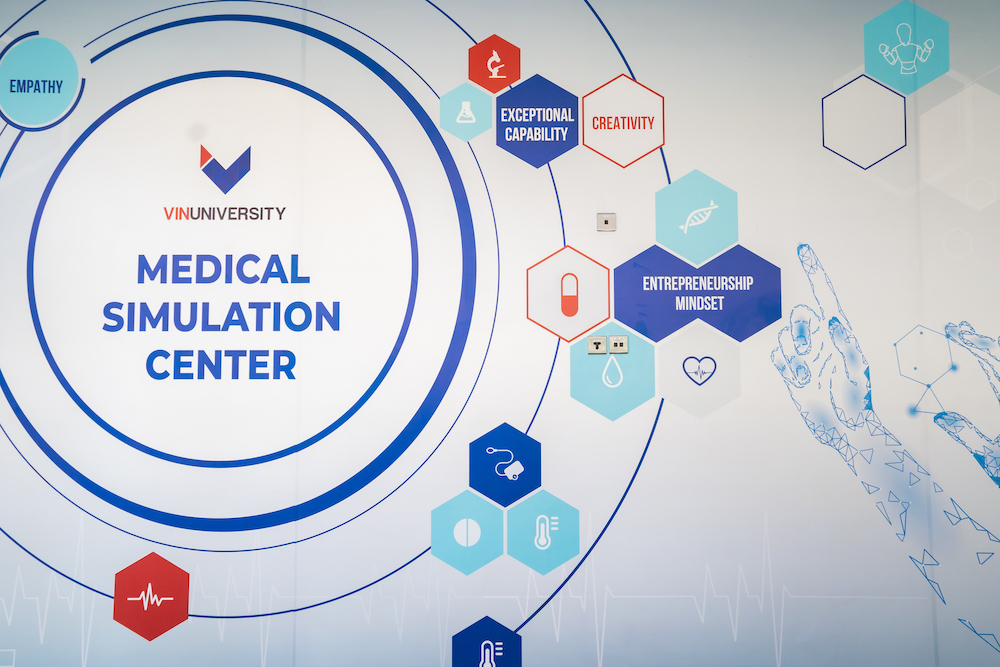On November 14th 2018, Vingroup conglomerate officially breaks ground for the construction of VinUni University. The University has been set to open on 2020 and will be a private, not-for-profit University established based on international standards. The event is another step torward realizing Vingroup’s aspiration to become a world-class university with breakthrough in higher education quality. 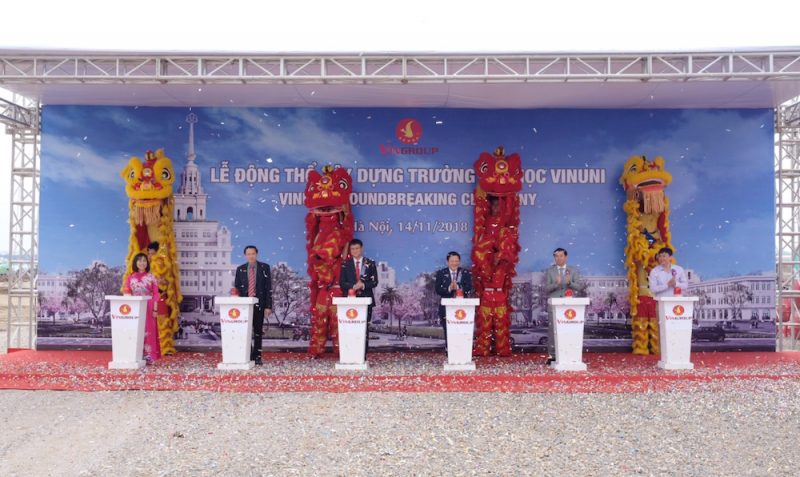
VinUni campus is constructed on the area of 23 hecta, located within the mega-urban complex of VinCity Ocean Park (Gia Lam District, Hanoi). The project consists of the Main Campus Building, Dormitory, Sport Complex, Stadium, and Technical and Ancillary Area.
The campus has been designed by reputable architects from multi-national corporates such AECOM, HBA, and verified by strategic partners Cornell University (Cornell) and the University of Pennsylvania (UPenn).
VinUni’s architecture is the harmony of neo-classic façade with modern and high-tech interior design. Lecturers and students will find themselves in the midst of “the Castle of Knowledge” equipped with modern lecture halls, and classrooms designed for most advanced teaching and learning methods.
With the expectation to become a Vietnamese private, not-for-profit university built on international standards, all the infrastructure and facilities meet the QS 5 star rating standards by the world leading accrediting organization of Quacquarelli Symonds. Especially, all the landscape and interior design to deliver the optimal learner-centered environment.

Inspired by the “Wing of Knowledge” the main building is designed with 10 floors and the tower with the total height of 108m. The architectural mass fused with the landscape symbolizes high-fly wings and create stunning reflection from the lake at the Central Square.
The entire lecture halls and classrooms designed with high flexibility and interaction; cutting edge technologies are in place to enable most advanced teaching methods at VinUni such as team-based learning (TBL), project-based learning (PBL), action-based learning (ABL), and simulation-based learning…
The dormitory with the total floor area of 10,600m2 is equipped with canteen, clinic room, self-learning area, convenience stores and other relaxation areas for students.
The sport complex including sport house, stadium and other areas for outdoor sports have been designed to create difference. The sport house with the total area of nearly 4,400m2 accommodates indoor swimming pool, football field, gymnastics as well as multi-purpose sport complex.
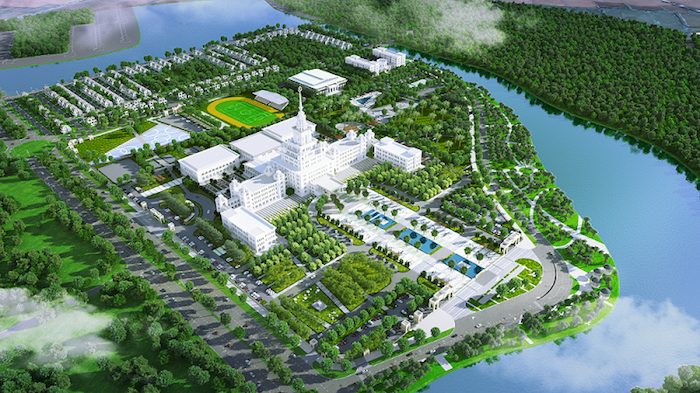
VinUni campus is characterized by very low building density with large area designed for landscape garden. This design together with special learning spaces make Vinuni a Green University where student can learn anytime.
Speaking at the Ground Breaking ceremony, Ms Lê Mai Lan, Vingroup Vice Chairwoman emphasises: “VinUni has been established on the highest international standards for a university. Students will be given the opportunities to learn from professors, scientists coming from the world leading universities, research institutes, and healthcare systems. At VinUni, students are exposed to the state-of-the-art educational technologies, and labs. We strongly believe in the VinUni-made breakthrough in higher education quality in Vietnam and aims towards a world class university.”
VinUni expects to become a “University City”, the “one-stop” (“all in one”) destination for lecturers and students. Students to the university not just to learn at the lecture halls, but to live, to socialize, to discuss start-up ideas, to implement research projects, and to play sports, to entertain, to relax, and to become an active and life-long learner.
| VinUni University is a Vietnamese private, not-for-profit university established by Vingroup based on international standards. The University focus to develops three flagship tracks: Business, Engineering and Technology, and HealthSciences. The mission of VinUni is to grow an elite human resource, who are knowledgeable, skillful, and passionate to contribute to the prosperity of self and the society, thus creating positive impacts to the global knowledge economy. |

